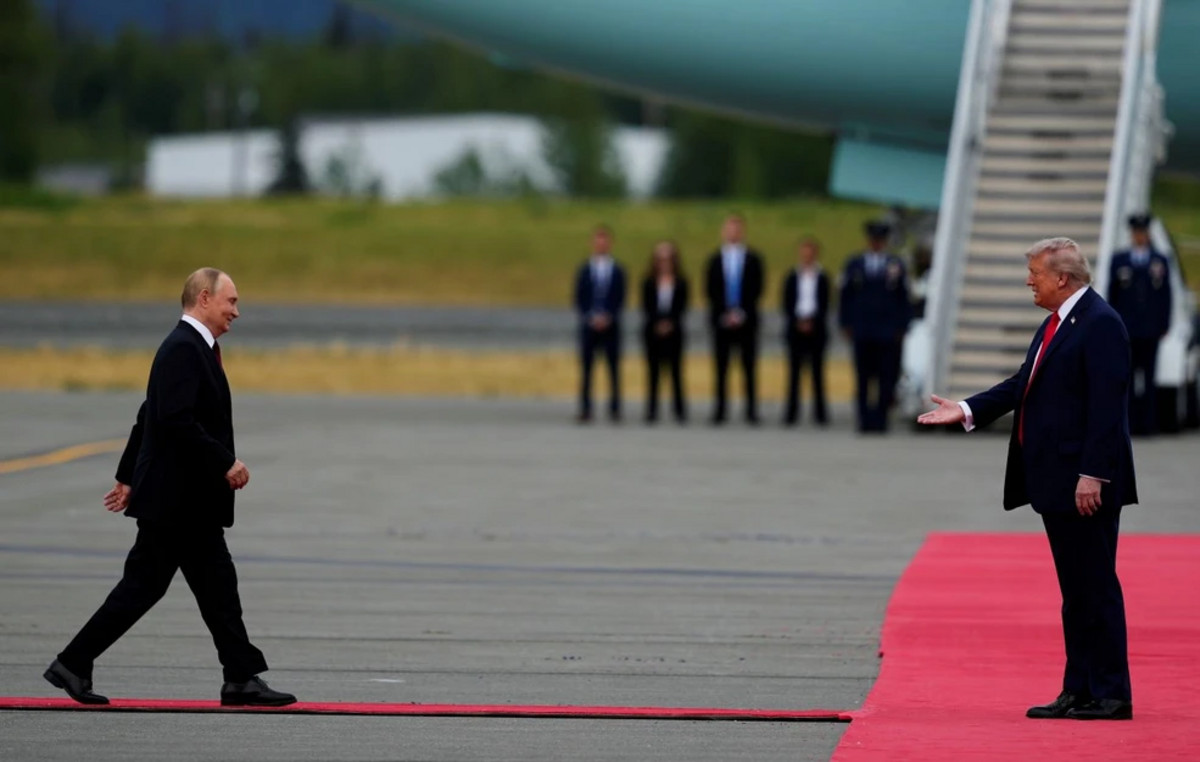Japan’s core consumer inflation accelerated to a 40-year high in October, driven by currency weakness and imported cost pressures that the central bank is brushing aside with an ultra-low interest rate policy.
The core national consumer price index rose 3.6% from a year earlier, beating the 3.5% rise expected by economists and the 3.0% gain seen in September.
It was the biggest jump since February 1982, when a Middle East crisis stemming from the Iran-Iraq war hit crude oil supplies and sent energy prices spike.
The increase in the Index, which excludes fresh food price volatility but includes petroleum products, confirmed that inflation has remained above the Bank of Japan’s 2% target for the seventh straight month.
But economists don’t expect the central bank to join a global trend of rising interest rates, as the central bank sees this year’s pick-up in inflation as a cost-raising episode that will fade as borrowing costs rise. import stop pressing.
External supply restrictions have raised the prices of imported food, industrial commodities and manufactured parts, as has the slump in the yen, which in dollar terms is down more than 20% this year.
The Governor of the Bank of Japan, Haruhiko Kuroda, reiterated last Thursday (17) the commitment to maintain monetary stimulus to achieve wage growth and sustainable and constant inflation.
The central bank is keeping long-term interest rates around zero and short-term interest rates at -0.1%.
Source: CNN Brasil
A journalist with over 7 years of experience in the news industry, currently working at World Stock Market as an author for the Entertainment section and also contributing to the Economics or finance section on a part-time basis. Has a passion for Entertainment and fashion topics, and has put in a lot of research and effort to provide accurate information to readers.







